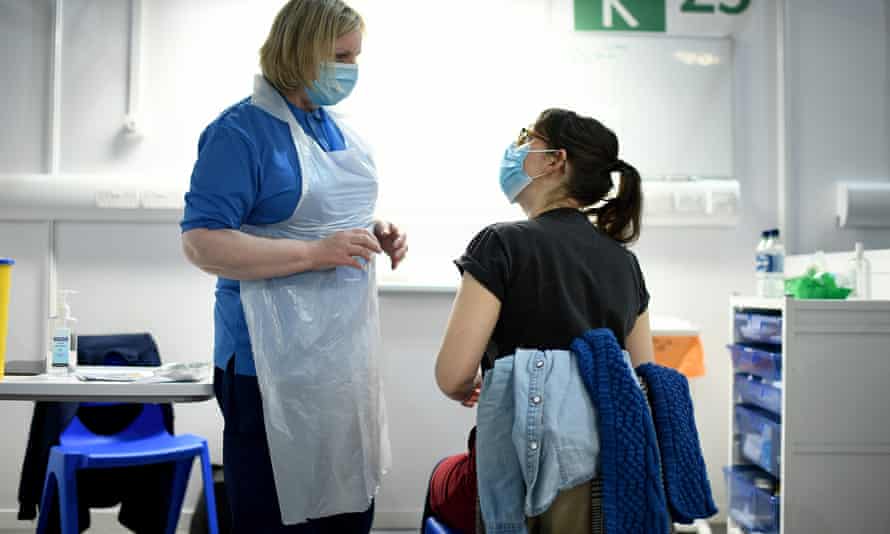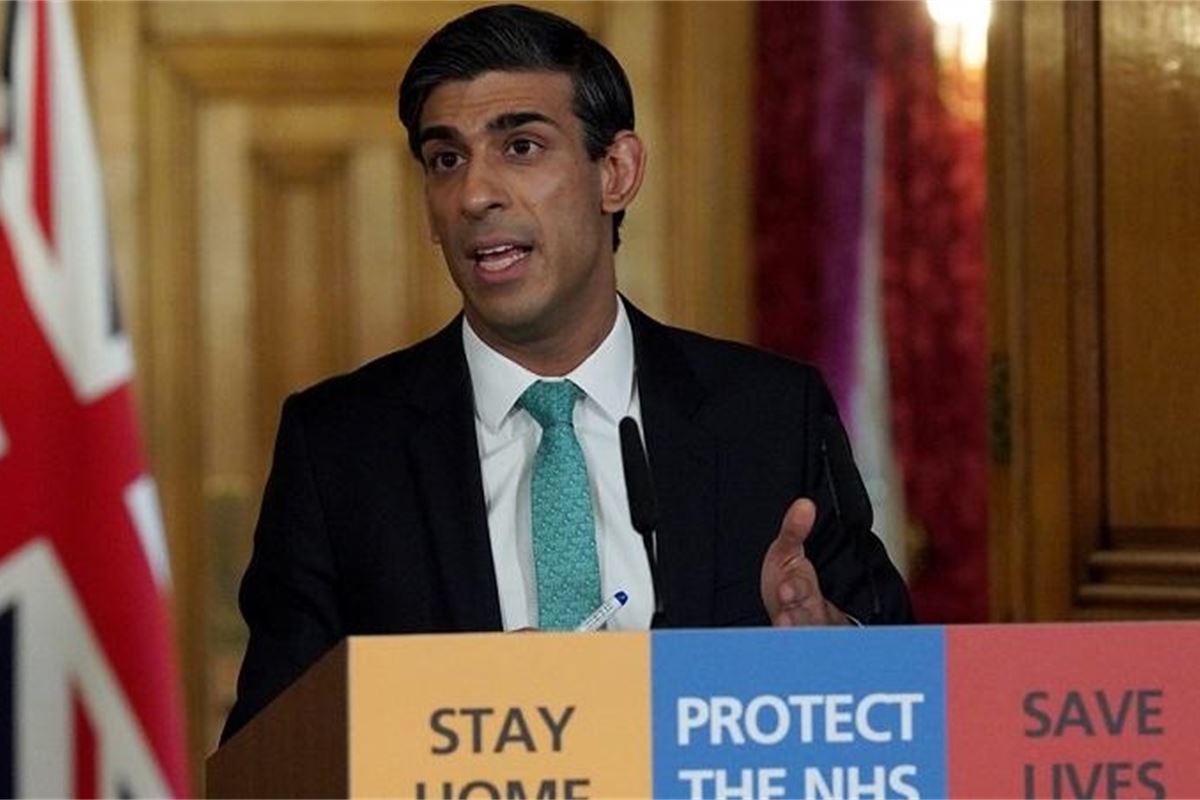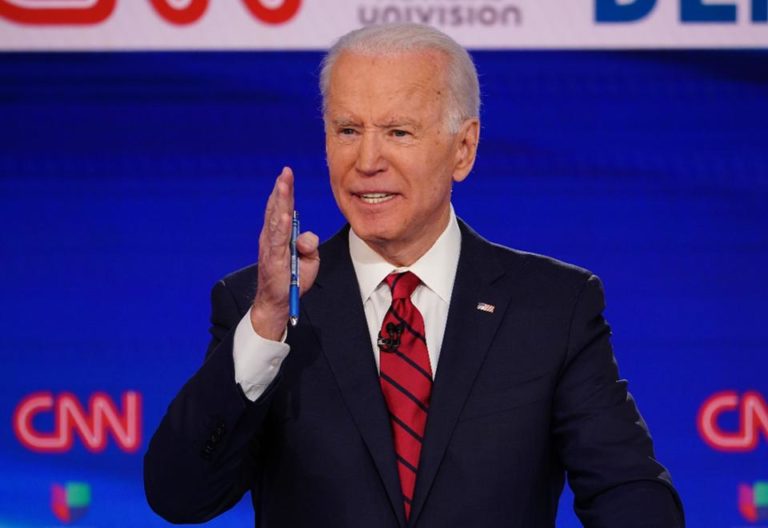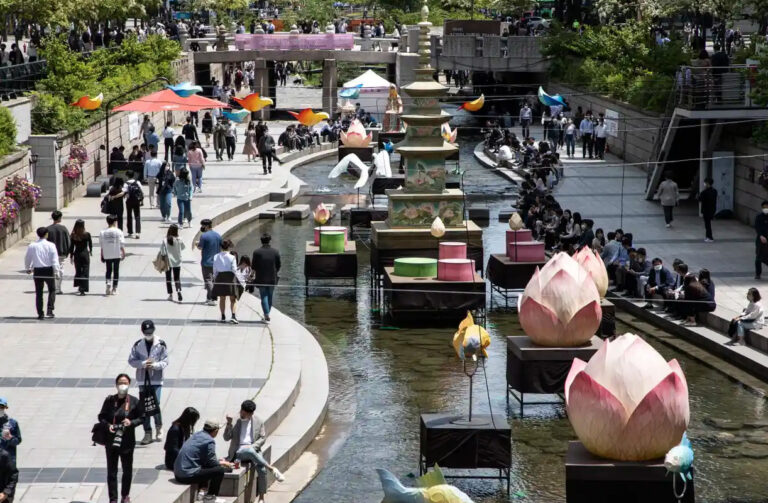
The only extra funding the NHS will receive is £1.65bn for the vaccine rollout. Photograph: Jeff J Mitchell/Getty Images

Warm up
—- * * FOR NEW STUDENTS ** ————————————— ————
- What industry do you work in and what is your role?
- What are your responses in your role / position?
- Can you describe to the function of your workplace / company?
- How many departments, how many offices. National or International?
- What are the minimum requirements for employment ie Education or Experience?
- How many opportunities are there to ‘move up the ladder’?
- What is the process for changing job roles ie Interview? Test?
————————————————– —— ——————————————– ——- —
General discussion about your workweek:
- Current projects? Deadlines? Opportunities?
- Anything of interest happening?
————————————————– —— ——————————————– ——–
Script

National Health Service (NHS) is the umbrella term for the publicly funded healthcare systems of the United Kingdom (UK). Since 1948 they have been funded out of general taxation. There are three systems which make up the “NHS” (NHS in England, NHS Scotland and NHS Wales). Health and Social Care in Northern Ireland was created separately[1] and although it does not use the name “NHS” it is still often to referred to as such, particularly in reference to the overall health system in the UK.
1. A lack of support for care homes, the NHS and people on benefits led to claims that Rishi Sunak’s budget had left the country’s most vulnerable people “betrayed”. In his statement to the Commons, the chancellor ignored the social care system and set out only a temporary extension of the universal credit boost, potentially plunging 500,000 people into poverty next winter.
2. The budget did not include any detailed plans for the NHS, and unions complained it was “strangely silent” on public services. The red book published alongside Sunak’s statement showed the NHS England budget will fall from £148bn in 2020-21 to £139bn in 2021-22.
3. Health experts said the failure to give the NHS any extra cash, apart from the £1.65bn for the vaccine rollout, would leave it struggling to cope with the pandemic’s “challenging legacy” of a big backlog of surgery and increased mental illness. Saffron Cordery, deputy chief executive of NHS Providers, which speaks for hospital trusts in England, said the decision showed that the chancellor needed to reaffirm his commitment to giving the NHS “whatever it needs” to deal with Covid.
4. Labour accused Sunak of hiding a £30.1bn cut to the Department of Health and Social Care’s budget in his statement. The DHSC’s total spending was due to be £199.2bn this year, but was forecast in the budget to fall to £169.1bn in 2021-22. The difference is because the department received £58.9bn this year to cover the extra costs of tackling Covid-19, such as personal protective equipment, but is due to get much less next year – £22bn – for those purposes.
5. “Rishi Sunak promised to be ‘open and honest’ with the British public. But buried in the small print of his budget is a cut to frontline NHS services that will increase pressure on staff and do nothing for patients stuck on growing waiting lists,” said Jonathan Ashworth, the shadow health secretary.
6. Dr Charmaine Griffiths, chief executive of the British Heart Foundation, warned that the NHS would be unable to tackle the “vast backlogs of treatment and care caused by the pandemic”. The IPPR thinktank said the budget showed a “shocking lack of health foresight” neither pre-empting likely rises in Covid infection this winter nor helping clear NHS backlogs.
7. In a statement that left the social care sector “dismayed”, the chancellor failed to offer fresh support for care homes or their staff after more than 40,000 care residents died due to Covid. It also emerged the Treasury has said promised reforms of social care will not start until next year. The Relatives and Residents Association, which represents social care users, said the lack of support was “an insult to older people”.
8. Campaigners warned that Sunak’s decision to end the £20-a-week uplift for universal credit in October risked creating “a perfect storm for the end of this year”. At that point unemployment benefit levels are estimated to fall to a 30-year low as furlough ends and job losses soar. The Labour leader, Keir Starmer, accused the chancellor of failing to address inequality in the UK and said his budget “papered over the cracks rather than rebuilding the foundations”. He said it showed the government “doesn’t understand what went wrong in the last decade”.
9. He said his party would have put the NHS and care homes “front and centre” adding “the chancellor may have forgotten it, but the Labour party never will”. Joseph Rowntree Foundation said the impact of the universal credit cut would be greatest in areas of the north of England, Wales and the West Midlands with already high levels of poverty, including so called “red wall” areas, which the government has pledged to support economically.
10. Action for Children’s director of policy, Imran Hussain, said: “There’s no faster way to push more children into poverty than by snatching £20 a week out of the pockets of our country’s poorest families.” Alison Garnham, the chief executive of Child Poverty Action Group, said: “Extending the £20 uplift is vital because struggling families cannot keep afloat without it, but … This decision only postpones the pain”.
11. The Treasury was opposed to extending the universal credit top-up, worth £1,050 a year to universal credit and tax credit claimants, but has come under intense pressure to retain it in recent months from campaigners and opposition parties, as well as several back bench Tory MPs and even the Department for Work and Pensions. Starmer said Sunak had been “dragged kicking and screaming to increase universal credit”.
12. It also emerged on Wednesday that the government appeared to have delayed social care reforms until 2022, with the Treasury secretary Steve Barclay telling campaigners plans for a “sustainable improvement” will only come next year. In January the prime minister told parliament “we will be bringing forward plans later this year”. The DHSC said it believed Barclay’s mention of next year was “a typo” and that its intention was to launch reforms this year.
Discussion
1. What do you think of the healthcare(hospitals, insurances etc) in Japan?
2. On what public sector areas do you think the government should spend money on?
3.
How is the Japanese government supporting families during this period besides the 100k monetary hand out?
Phonetic Chart



